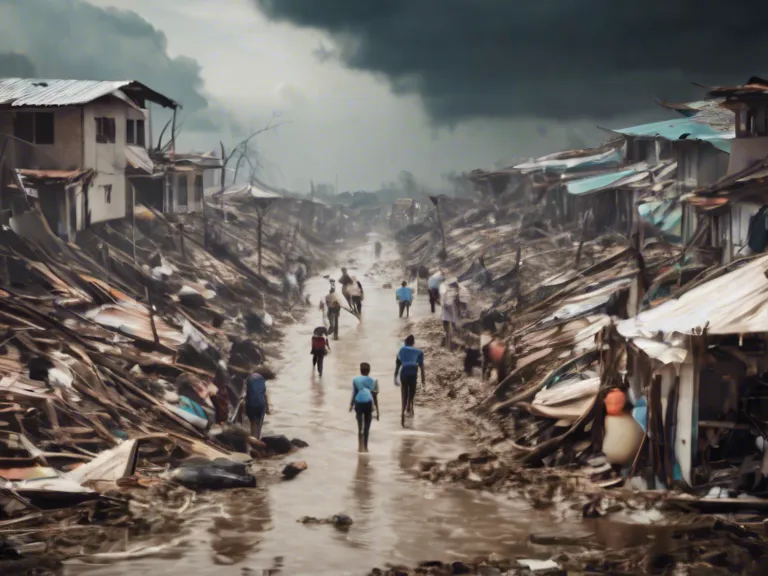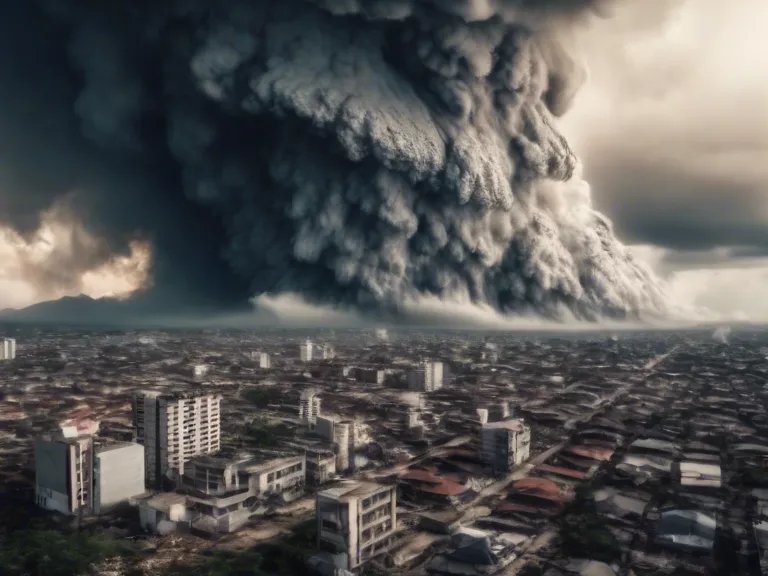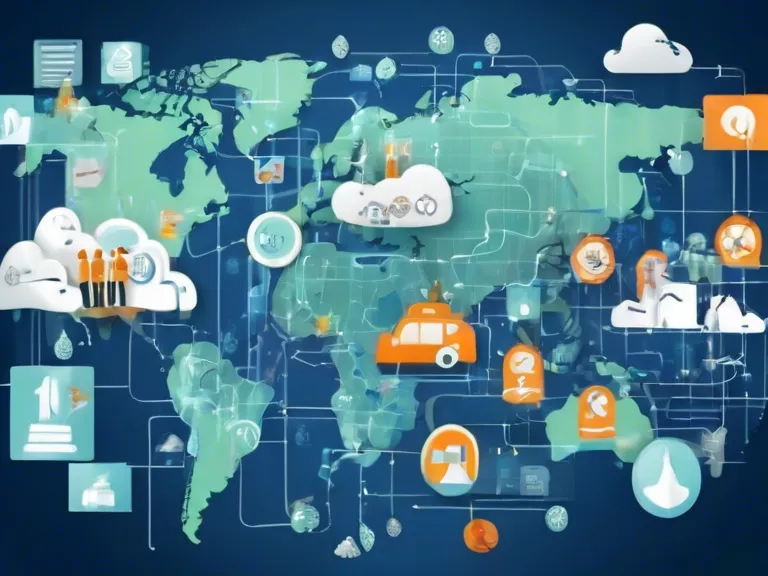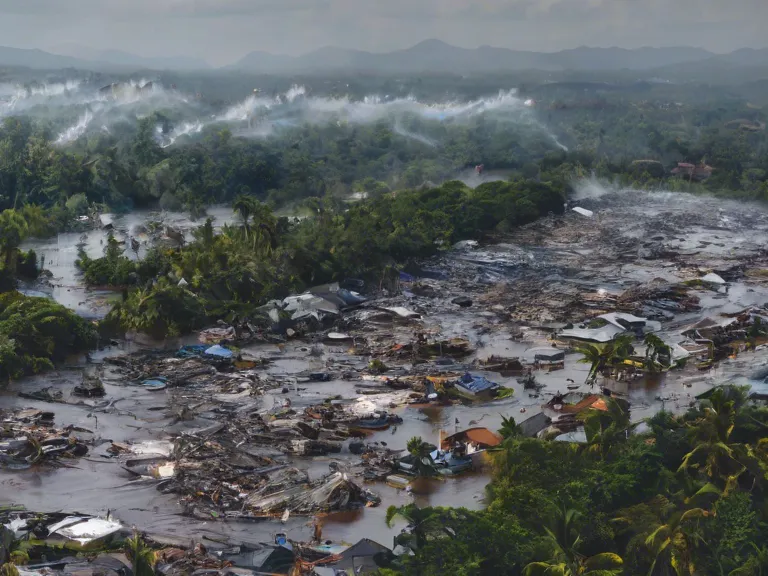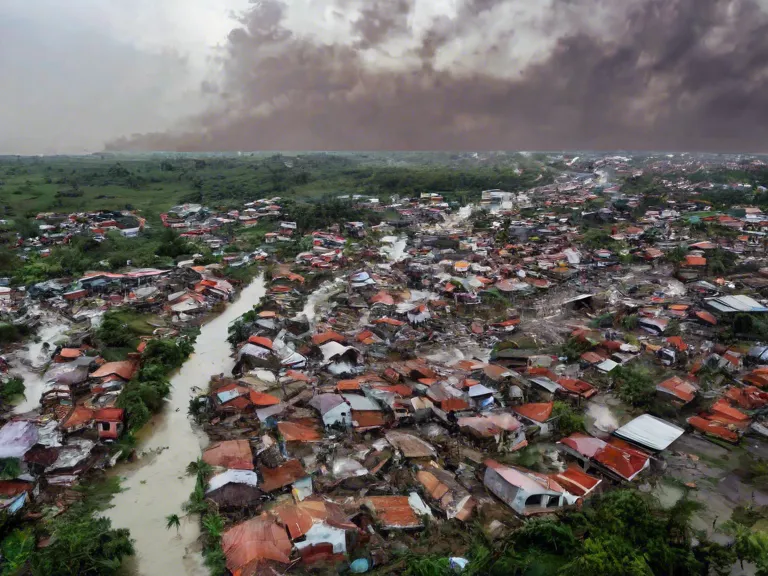
Predictive Analytics: A New Frontier in Disaster Risk Reduction
In recent years, the impact of natural disasters has been increasing in both frequency and severity. From hurricanes and wildfires to earthquakes and tsunamis, communities around the world are facing the challenges of disaster risk reduction. One promising tool that is revolutionizing the way we approach disaster preparedness and response is predictive analytics.
Predictive analytics is the use of historical data, statistical algorithms, and machine learning techniques to identify the likelihood of future outcomes based on past events. In the context of disaster risk reduction, predictive analytics can help governments, emergency responders, and communities better understand and prepare for potential disasters.
One of the key benefits of predictive analytics is its ability to forecast the probability of disasters before they strike. By analyzing data such as weather patterns, geological trends, and population density, predictive analytics can provide early warnings and alerts, allowing authorities to evacuate residents, allocate resources, and mobilize response teams in advance.
Furthermore, predictive analytics can also assist in post-disaster recovery efforts. By analyzing data on infrastructure damage, casualties, and economic impact, predictive analytics can help policymakers and organizations prioritize areas for reconstruction, allocate funds more effectively, and ensure a timely and coordinated recovery process.
As technology continues to advance, the capabilities of predictive analytics in disaster risk reduction are only expected to grow. With the integration of artificial intelligence, Internet of Things (IoT) devices, and real-time data analytics, predictive models can become even more accurate and responsive, leading to more efficient and effective disaster management strategies.
In conclusion, predictive analytics is a powerful tool that is transforming the field of disaster risk reduction. By leveraging data and technology, predictive analytics can help societies around the world prepare for and respond to disasters in a more proactive and efficient manner. As we continue to invest in this promising new frontier, we can build more resilient and disaster-ready communities for the future.
